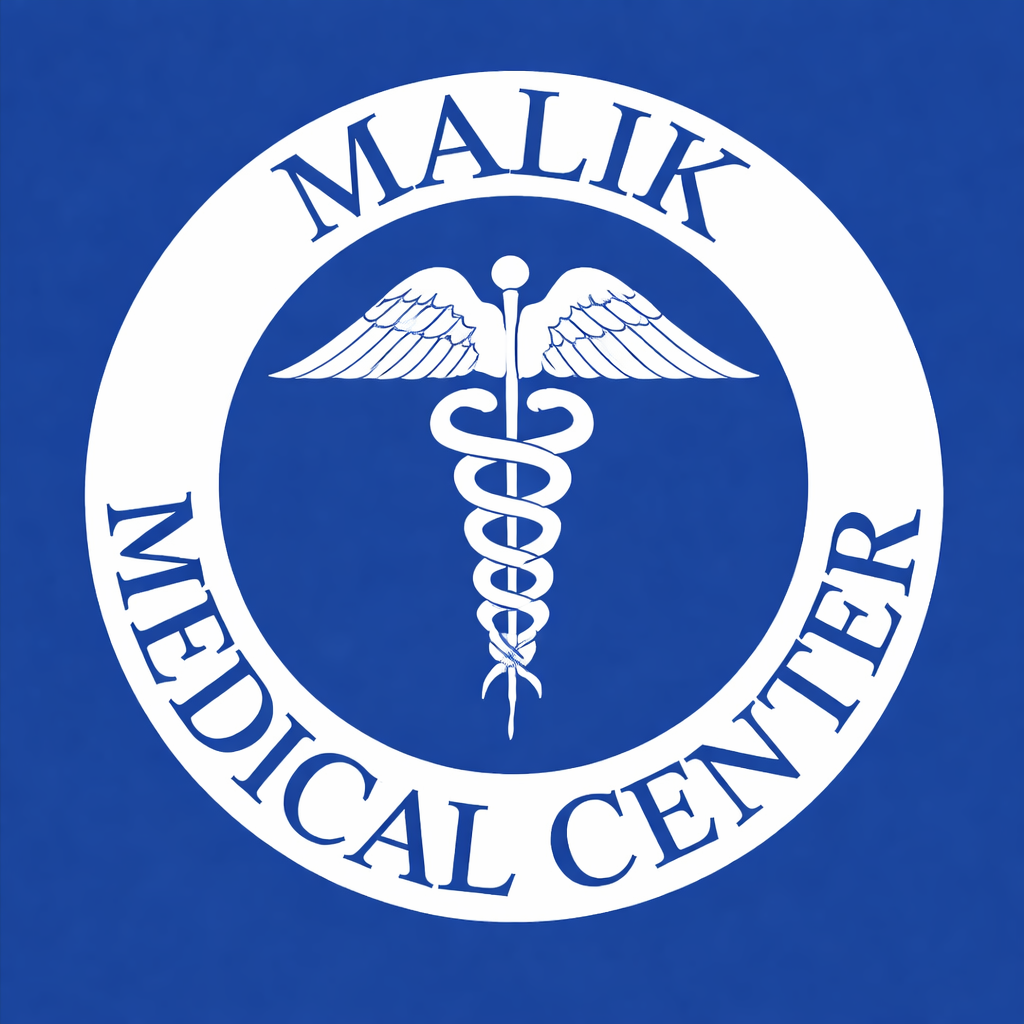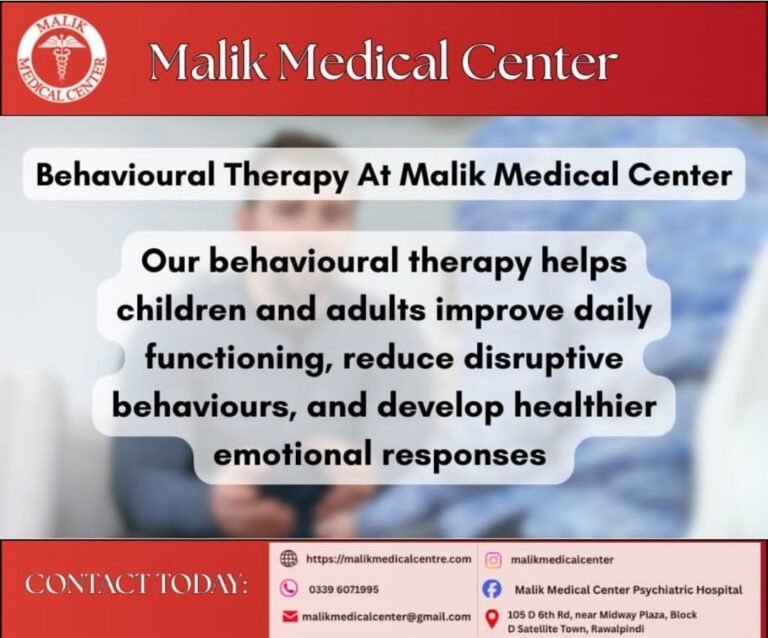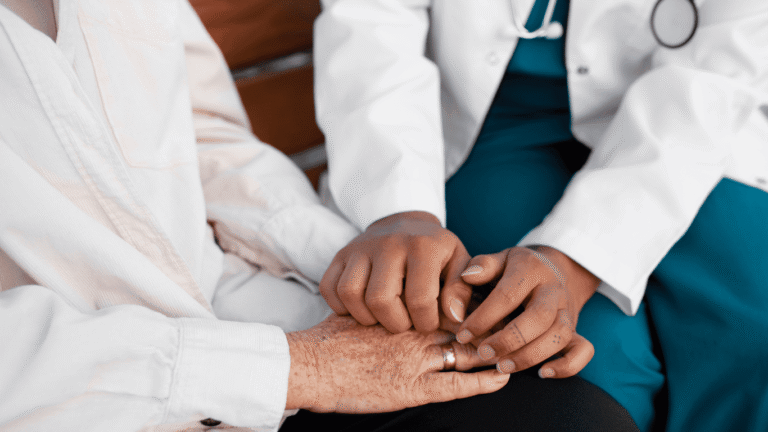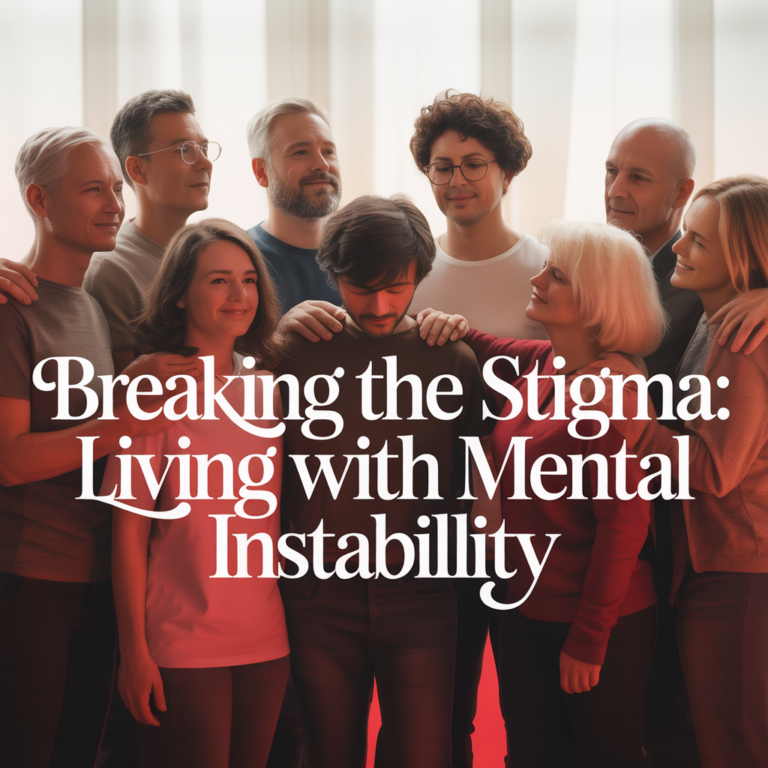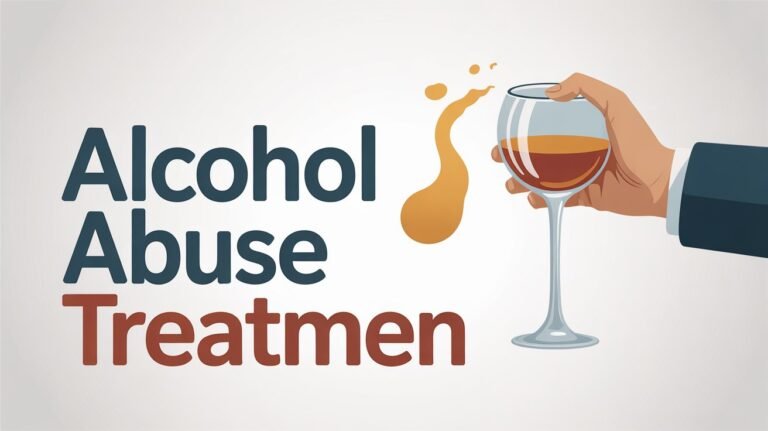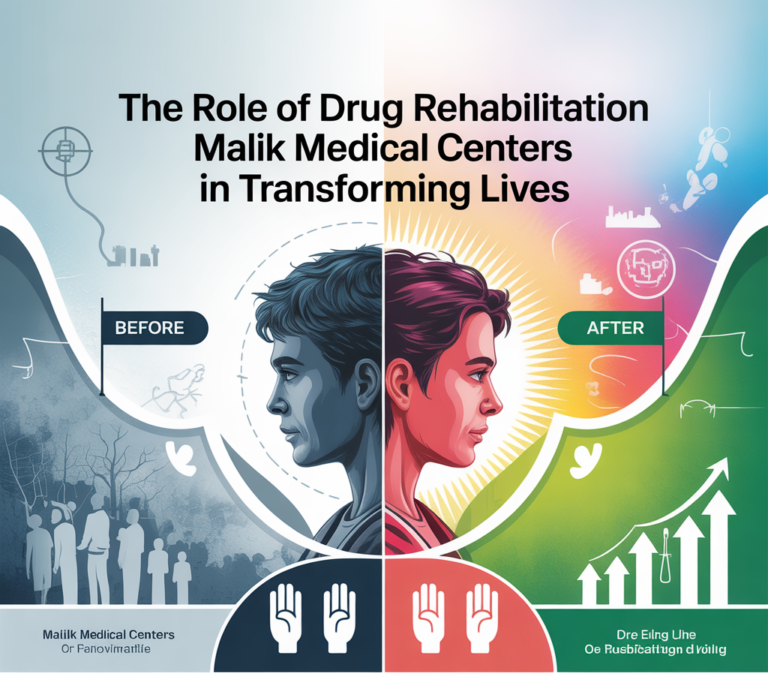PTSD & Trauma Treatment in Pakistan – A Complete Guide to Recovery
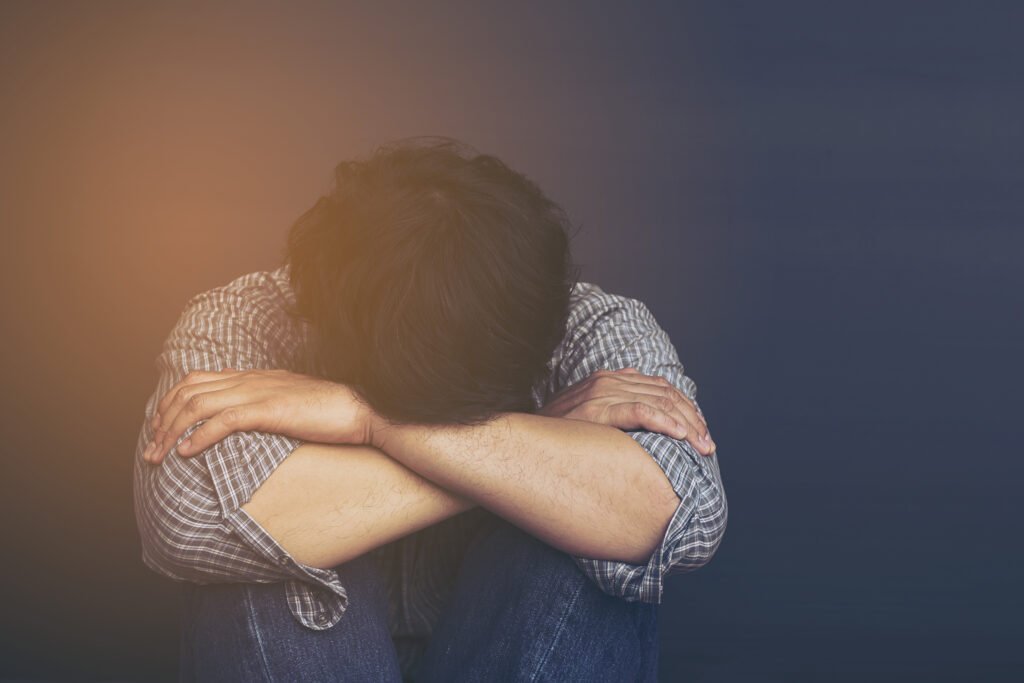
Introduction
Post-Traumatic Stress Disorder (PTSD) is a serious mental health condition that develops after experiencing or witnessing a traumatic event. It can deeply affect how a person thinks, feels, and functions in daily life. In Pakistan, trauma is common due to accidents, natural disasters, violence, and stressful life events. Unfortunately, awareness about PTSD remains low, and many people struggle without proper care.
The good news is that effective PTSD & trauma treatment in Pakistan is available. With modern therapy techniques, medications, and professional support, individuals can recover and rebuild their lives. This blog provides a comprehensive overview of PTSD, its symptoms, causes, treatment options, and the importance of seeking timely help.
What is PTSD?
PTSD is a psychiatric disorder that can occur after a person has experienced or witnessed a traumatic event such as a serious accident, assault, abuse, natural disaster, or combat situation.
Key Symptoms of PTSD
- Re-experiencing Symptoms
- Flashbacks, reliving the trauma
- Nightmares or disturbing dreams
- Intense distress when reminded of the trauma
- Avoidance Symptoms
- Avoiding places, people, or activities linked to the trauma
- Emotional numbness
- Loss of interest in normal activities
- Hyperarousal Symptoms
- Being easily startled or “on edge”
- Difficulty sleeping or concentrating
- Irritability and anger outbursts
- Cognitive and Mood Symptoms
- Negative thoughts about self or others
- Feelings of guilt or shame
- Difficulty remembering aspects of the trauma
Symptoms usually last for more than a month and significantly affect personal, social, and professional life.
Causes and Risk Factors
PTSD can affect anyone, but certain factors increase the likelihood of developing it:
- Traumatic Events: Physical or sexual assault, car accidents, military combat, natural disasters.
- Previous Trauma: Experiencing trauma in childhood increases vulnerability.
- Genetics and Brain Chemistry: Imbalances in stress-related brain chemicals.
- Lack of Social Support: Isolation after trauma worsens symptoms.
- Concurrent Mental Health Conditions: Depression, anxiety, or substance abuse increase risk.
Importance of Early PTSD & Trauma Treatment in Pakistan
Delaying treatment often makes PTSD symptoms more severe and long-lasting. Seeking professional care early provides benefits such as:
- Faster recovery from distressing symptoms
- Prevention of chronic anxiety and depression
- Improved relationships with family and friends
- Better performance in work or education
- Reduced risk of self-harm or substance abuse
Early intervention helps prevent long-term disability and ensures better mental health outcomes.
PTSD & Trauma Treatment Options in Pakistan
1. Psychotherapy (Talk Therapy)
The foundation of PTSD & trauma treatment in Pakistan is psychotherapy. Different evidence-based approaches are available:
- Cognitive Behavioral Therapy (CBT):
Focuses on identifying and changing negative thought patterns. Helps patients manage anxiety and reduce trauma-related fear. - Exposure Therapy:
Safely exposes patients to trauma reminders in a controlled environment to reduce fear and avoidance. - Eye Movement Desensitization and Reprocessing (EMDR):
A specialized therapy that uses guided eye movements to process traumatic memories. Widely recognized internationally and increasingly available in Pakistan. - Group Therapy:
Patients share experiences with others who have faced similar trauma, reducing feelings of isolation.
2. Medication
Medications may be prescribed to manage severe symptoms such as depression, anxiety, and insomnia. Commonly used options include:
- Antidepressants (SSRIs and SNRIs): Improve mood and reduce anxiety.
- Anti-anxiety Medications: Short-term relief for severe anxiety and panic attacks.
- Sleep Medications: Prescribed in cases of severe insomnia.
3. Lifestyle and Self-Help Strategies
Alongside professional care, lifestyle changes support recovery:
- Regular physical exercise to reduce stress.
- Healthy diet for overall brain health.
- Mindfulness practices such as meditation and deep breathing.
- Building social connections to reduce isolation.
4. Family Support and Education
Families play a vital role in recovery. Education programs teach them to:
- Understand PTSD symptoms without judgment
- Provide emotional support
- Encourage treatment compliance
- Create a safe and supportive home environment
5. Rehabilitation and Community Programs
In major cities like Rawalpindi, Islamabad, and Lahore, rehabilitation centers offer structured PTSD recovery programs. Support groups, workshops, and community outreach efforts are slowly becoming more accessible across Pakistan.
Barriers to PTSD Treatment in Pakistan
Despite progress, challenges remain:
- Stigma and Cultural Beliefs: Many people view PTSD as a weakness rather than a medical condition.
- Limited Mental Health Services: Rural areas lack trained psychiatrists and therapists.
- Financial Constraints: Ongoing therapy and medication can be expensive.
- Awareness Gap: Many people fail to recognize PTSD symptoms or seek help only in extreme cases.
Overcoming these barriers requires awareness campaigns, government investment, and improved access to affordable care.
Frequently Asked Questions about PTSD
Q1: Can PTSD go away without treatment?
Some individuals may see partial improvement, but professional treatment ensures complete and healthy recovery.
Q2: How long does PTSD treatment last?
Duration varies. Some patients improve within months, while others may need long-term therapy.
Q3: Is PTSD only linked to soldiers and war?
No. Any traumatic experience—such as accidents, natural disasters, or abuse—can cause PTSD.
Q4: Are medications necessary for PTSD?
Not always. Many patients recover with therapy alone, while others benefit from a combination of therapy and medication.
Q5: Can children also develop PTSD?
Yes. Children can develop PTSD after trauma, though symptoms may appear differently, such as nightmares, behavioral changes, or regression.
The Role of Awareness in Pakistan
Raising awareness about PTSD is crucial. Educational campaigns in schools, workplaces, and communities can help reduce stigma and encourage more people to seek professional help. By normalizing discussions about mental health, Pakistan can ensure that survivors of trauma receive the support they need.
The Future of PTSD & Trauma Treatment in Pakistan
Mental health services in Pakistan are improving steadily. The rise of telepsychiatry and online counseling platforms is making therapy more accessible. As awareness grows and resources expand, more individuals will be able to benefit from professional PTSD & trauma treatment in Pakistan.
Conclusion
PTSD is a challenging condition, but it is treatable. With proper therapy, medication, and support, individuals can overcome the burden of trauma and rebuild their lives. The key is to recognize symptoms early, seek professional care, and remain consistent with treatment.
The availability of PTSD & trauma treatment in Pakistan provides hope for thousands of people who silently endure emotional pain. By breaking the stigma and prioritizing mental health, Pakistan can move toward a future where every trauma survivor receives the help they deserve.
